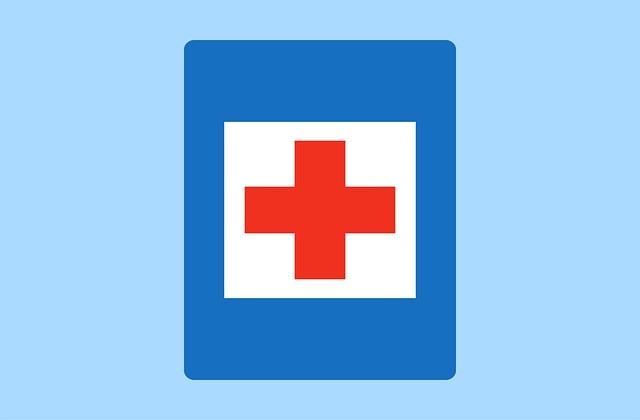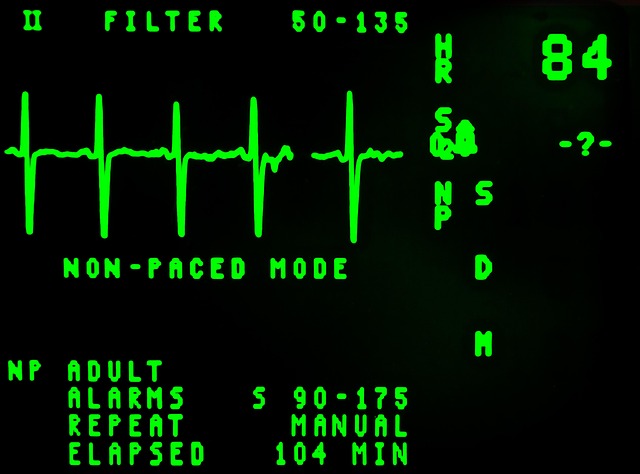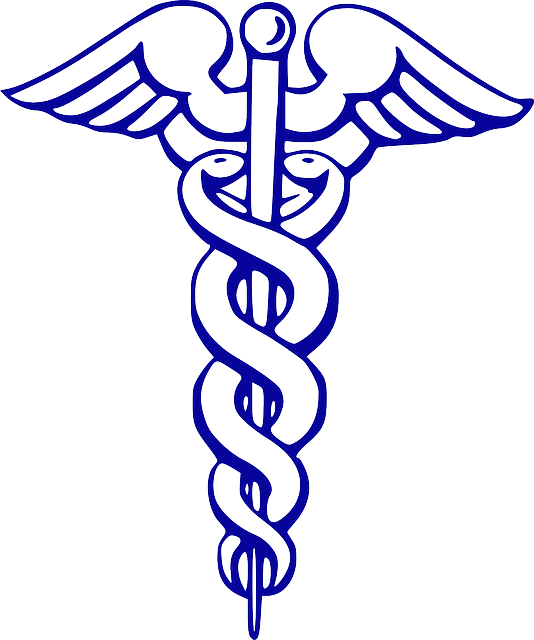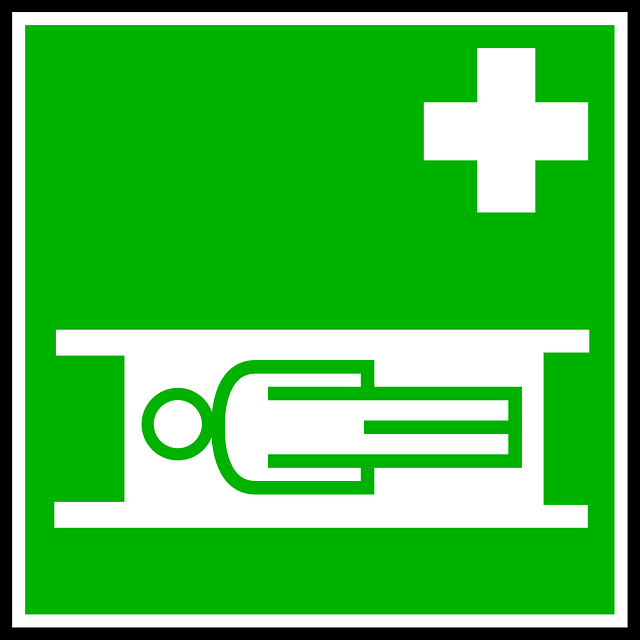In South Africa, choosing between a hospital plan and medical aid depends on personal health needs. Hospital plans focus on covering high-cost hospitalization with provider flexibility, ideal for specialized care seekers. Medical aid offers broader benefits, including outpatient care, specialist consultations, preventive services, and wellness programs, suitable for families or those with chronic conditions needing regular monitoring. Evaluating individual requirements, comparing costs, and assessing network providers can help determine the best option—hospital plan or medical aid—for optimal healthcare financing based on specific needs.
In South Africa, understanding the distinction between hospital plans and medical aid is crucial for making informed healthcare decisions. While both offer financial protection, their structures, coverage, and eligibility differ significantly. This article guides you through these differences, helping you decide which is better suited to your needs: hospital plan or medical aid. We explore definitions, benefits, costs, and essential factors to consider for the best long-term health coverage.
- Understanding Hospital Plans in South Africa
- – Definition and basic principles
- – Coverage and benefits offered
- – Who is it suitable for?
Understanding Hospital Plans in South Africa

In South Africa, understanding the distinction between hospital plans and medical aid is paramount for individuals seeking healthcare coverage. While both options offer financial protection during medical emergencies, they operate under different principles. Hospital plans, as the name suggests, primarily focus on covering the costs associated with hospitalization, including room and board, surgeries, and related procedures. These plans are often chosen by those who frequently require specialized or urgent care, ensuring swift access to quality hospital services without extensive waiting times.
When considering which is better between a hospital plan and medical aid, it’s crucial to evaluate personal health needs, frequency of doctor’s visits, and the level of cover desired. Medical aid, on the other hand, provides a broader range of benefits, including outpatient care, preventive treatments, and specialist consultations. It’s designed to cater to a wider array of healthcare needs over time, making it suitable for families or individuals with chronic conditions requiring regular monitoring. Comparing costs, network providers, and specific inclusions can help in making an informed decision between these two healthcare financing options.
– Definition and basic principles

In South Africa, both hospital plans and medical aid schemes play vital roles in ensuring accessible healthcare for residents. However, understanding their distinct differences is crucial when choosing between the two for optimal health coverage. A hospital plan primarily focuses on providing financial protection during hospital stays, covering a range of medical services within an agreed-upon network of hospitals. These plans typically offer peace of mind by relieving individuals from the substantial costs associated with inpatient care.
On the other hand, medical aid schemes are more comprehensive healthcare solutions designed to cater to a wide array of medical needs. They not only cover hospitalization but also extend benefits to outpatient treatments, preventive care, and various wellness programs. Medical aid usually involves monthly contributions or premiums, which can vary based on factors like age, health status, and the chosen benefit plan. When deciding between hospital plans and medical aid, individuals should consider their specific healthcare needs, budget constraints, and long-term financial goals to make an informed choice—which is better, a hospital plan or medical aid, ultimately depends on personal circumstances.
– Coverage and benefits offered

When comparing a hospital plan and medical aid, understanding their distinct offerings is key to making an informed decision for your healthcare needs in South Africa. Each has its unique benefits and coverage structures. Hospital plans typically offer more comprehensive cover for specific procedures and treatments within hospitals, focusing on potential high-cost incidents. They usually provide peace of mind knowing that major medical emergencies are covered.
In contrast, medical aid schemes tend to have a broader scope, encompassing preventive care, routine check-ups, and day-to-day medical needs alongside hospital treatment. They often include a network of healthcare providers, allowing members greater flexibility in choosing their doctors and specialists. When deciding between them, consider your health history, lifestyle, and budget, as both options cater to different aspects of healthcare management, with one potentially being better suited to your individual circumstances than the other.
– Who is it suitable for?

In South Africa, both hospital plans and medical aid have their merits, but they cater to different needs. Which Is Better Hospital Plan Or Medical Aid? It largely depends on individual circumstances. Hospital plans are typically suitable for those seeking coverage for specific treatments or procedures, often with a focus on inpatient care. These plans tend to offer more flexibility in terms of choosing healthcare providers and may be ideal for people who prefer the freedom to select their own doctors and hospitals.
On the other hand, medical aid is designed for comprehensive healthcare coverage, encompassing both inpatient and outpatient care, including preventive services. It’s suitable for individuals or families looking for ongoing medical support and access to a wide range of healthcare providers within their network. When deciding between the two, consider your overall health needs, preferred healthcare providers, and budget to determine whether a hospital plan or medical aid best suits your requirements.
When considering healthcare coverage in South Africa, understanding the distinct differences between hospital plans and medical aid is crucial. While both provide essential medical benefits, they operate under unique structures. Hospital plans offer comprehensive cover for specific treatments within a network of hospitals, making them ideal for those seeking affordable care with clear-cut benefits. In contrast, medical aid schemes typically provide broader coverage, including preventive care and specialist services, catering to individuals who desire more flexibility and choice in their healthcare options. Ultimately, the choice between a hospital plan or medical aid depends on personal needs, budget, and desired level of control over healthcare decisions, allowing South Africans to make informed choices for their well-being.

